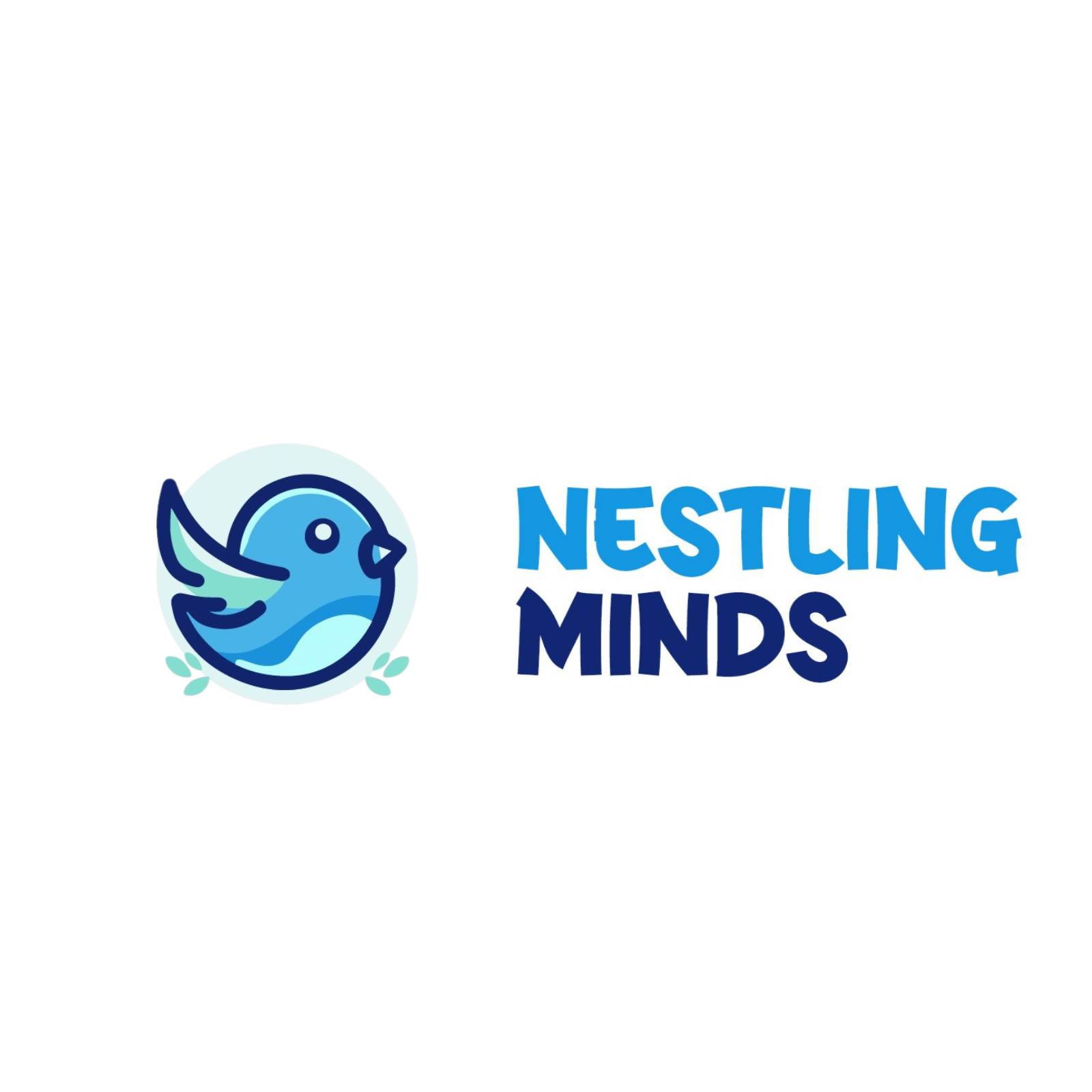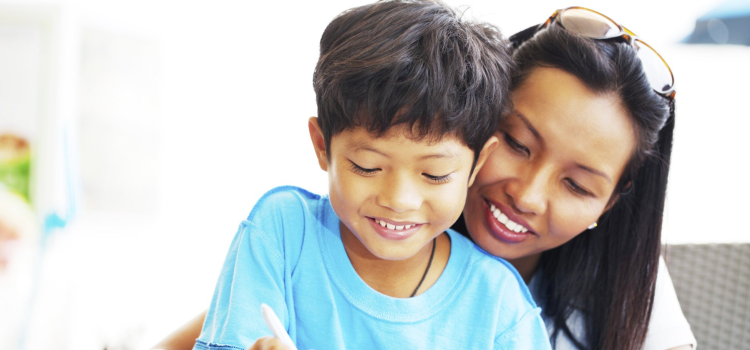It was a rainy Tuesday afternoon when I met Nisha, a working mother of two, during a school workshop in Noida. She had that hurried energy so many parents carry these days—checking emails while trying to listen, a worried glance at her phone every few minutes. After the session, she came up and asked, “How do I know if my child’s just moody or actually anxious?”
We ended up talking for 45 minutes.
Nisha shared how her 13-year-old daughter had become withdrawn—less talkative, easily irritated, glued to her phone. At first, she chalked it up to “teenage hormones,” but something about it felt deeper. “She says she’s fine,” Nisha said, “but… she isn’t.”
I’ve had this conversation more times than I can count.
The Hidden Struggles Behind 'I'm Fine'
Children rarely articulate their anxiety with words like “I feel overwhelmed” or “I’m dealing with performance pressure.” Instead, it shows up as stomach aches before school, irritability, excessive screen time, procrastination, or simply shutting down
.And often, parents are left guessing.
In today’s hyper-connected, high-pressure world, even young children are absorbing stress at a rate we never imagined. Social media comparisons, academic expectations, and constant exposure to the world’s problems create a silent swirl of anxiety that many kids don’t know how to process.
What Children Really Need
When children say “you don’t understand,” they aren’t being dramatic. They’re expressing a very real emotional disconnect.
One 8th grader I worked with said, “I just want my mom to listen without giving advice right away.” Another shared, “I wish my dad didn’t get angry when I said I was scared about exams. I just wanted him to say it’s okay.”
At Nestling Minds, we remind parents that emotional availability matters far more than having the right answers.
Small Shifts, Big Impact
Here are a few things we’ve seen make a powerful difference:
- Switch “What happened?” to “How are you feeling about it?”
Children open up more when we show curiosity about their emotions, not just events.
- Schedule ‘No Agenda’ Time
Ten minutes a day with no corrections, no advice—just being together. Drawing, playing cards, chatting about their favorite game. It builds trust.
- Name the Feeling, Then Normalize It
“It sounds like you’re feeling nervous. That’s totally okay—I’ve felt that too.” Validating emotions helps children understand they aren’t broken or wrong.
- Model Calmness, Not Perfection
Children absorb how we handle stress. Showing them that it’s okay to pause, breathe, and try again teaches self-regulation better than any lecture.
A Story That Stays With Me
During a parent workshop in Gurgaon, a father admitted, “I realized I’ve never told my son I’m proud of him unless he’s achieved something.”
His voice cracked as he continued, “But yesterday, I just told him I was proud of how kind he was to his little sister. And he smiled like I’d given him a trophy.
”That’s the power of mindful parenting—seeing our children beyond their grades, trophies, or tantrums.
Your Presence Is the Gift
Parenting in this era isn’t easy. You’re juggling work, deadlines, bills, and still trying to show up emotionally for your child.
But here’s the truth I hope you carry: You don’t need to be perfect. You just need to be present.
When your child knows they can talk to you without fear of judgment or punishment, they will. Maybe not today. But soon.
Because what they remember, years from now, won’t be the marks they got—but whether they felt seen, heard, and safe with you.
Let’s raise children who don’t just survive stress but know how to navigate it—with empathy, resilience, and the quiet confidence that their parents have their back.

